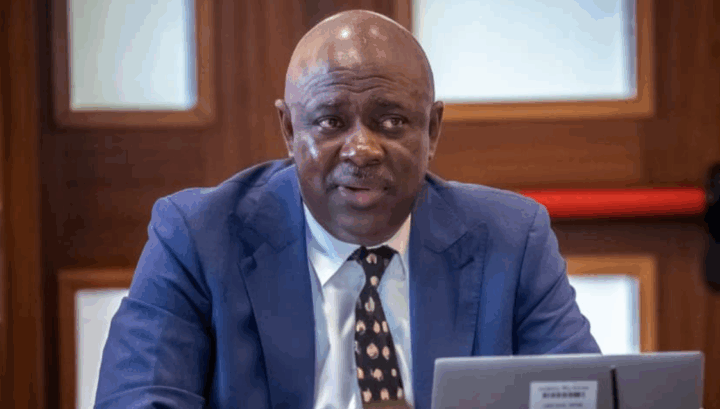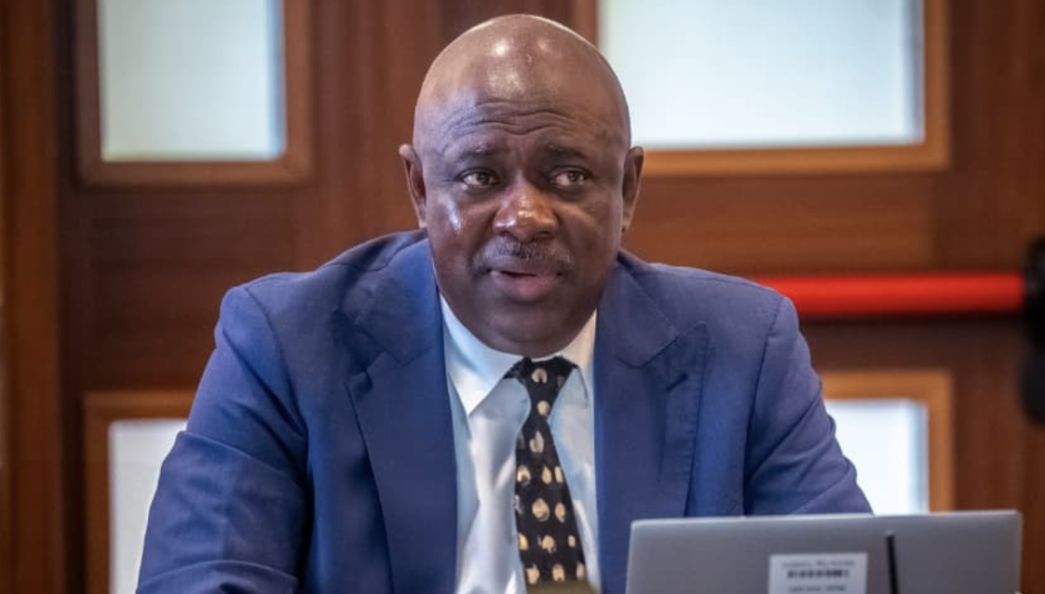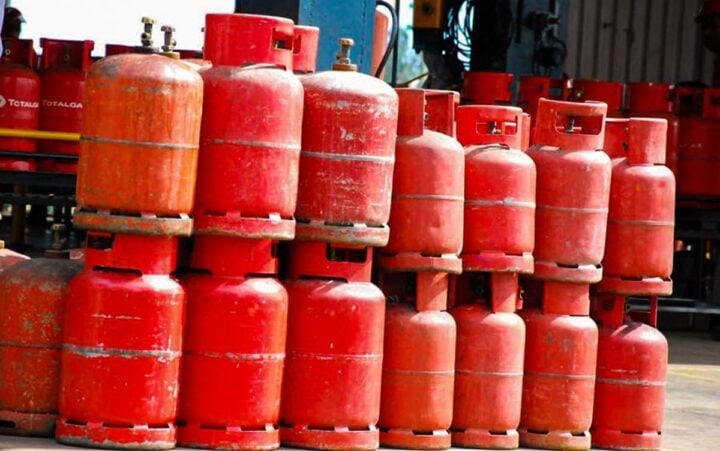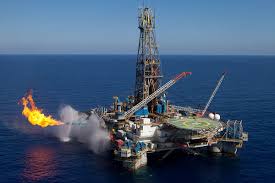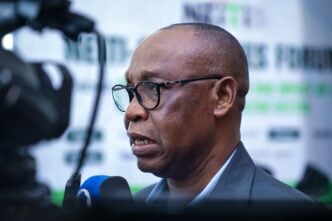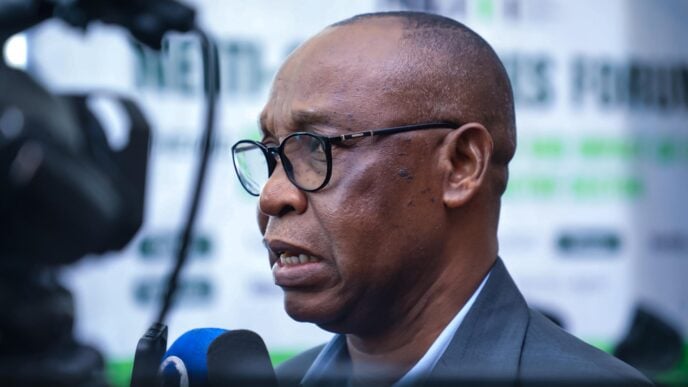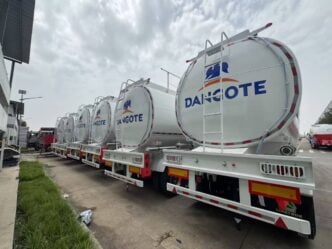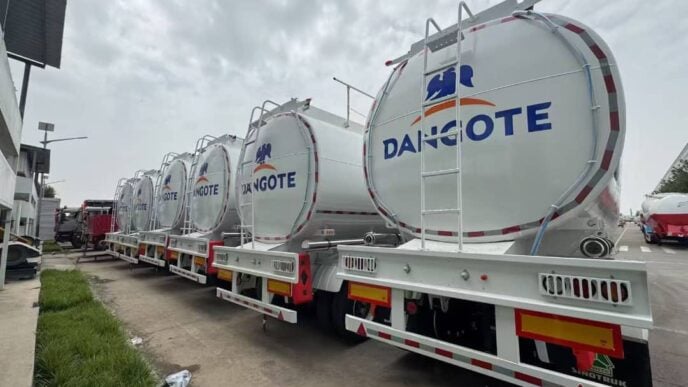Heineken Lokpobiri, minister of state for petroleum resources (oil), says the federal government is committed to replicating the success achieved by domestic refiners, such as the Dangote refinery, across all oil-producing states.
According to NAN, Lokpobiri spoke at the 2025 COREN summit in Lagos on Tuesday.
Lokpobiri, who was represented by Ndah Adaba, his technical adviser, said enhancing local refining capacity and strengthening energy security remain central to Nigeria’s development objectives.
“Today, we have seen indigenous success stories such as Dangote Refinery & Petrochemical, Waltersmith Petroman Refinery, and Aradel Holdings, among others,” Lokpobiri said.
Advertisement
“These demonstrate that Nigerians possess both the capacity and the will to refine Nigeria’s crude oil locally.
“These projects are more than just facilities; they symbolise confidence in our policy direction. We are committed to replicating such success across all oil-producing states.”
According to the minister, as part of a deliberate policy and broader strategy, the naira-for-crude sales agreement will continue to play a crucial role in lowering the cost of fuel production.
Advertisement
He added that it will also help in mitigating exchange rate volatility and supporting indigenous refining capacity.
Also, Lokpobiri said through the Nigerian Midstream and Downstream Petroleum Regulatory Authority (NMDPRA), the government had streamlined the licensing process.
He added that the approach ensures credible investors are supported rather than hindered by bureaucratic bottlenecks.
The minister noted that “beyond licensing, the government is also facilitating crude oil supply to domestic refiners through the effective implementation of the Domestic Crude Oil Supply Obligation (DSCO)”.
Advertisement
“No nation can claim energy independence without the ability to refine its own crude,” he said.
Lokpobiri noted that the timing of the summit is critical, as Nigeria and Africa at large face a critical phase requiring bold steps to enhance energy security, promote local refining, and become net exporters of petroleum products.
He said under the renewed hope agenda of President Bola Tinubu, local refining is seen as key to energy independence and job creation.
To strengthen Nigeria’s regional role, he noted that the government has introduced the West African fuel reference market to make the country a hub for refining and fuel supply in the subregion.
Advertisement
“With increased domestic refining capacity, Nigeria will not only meet its internal demands but also become a reliable supplier to neighbouring countries, reducing dependence on distant refineries and costly maritime imports,” Lokpobiri said.
“This aligns with the African Union’s vision for energy integration and intra-African trade under the African Continental Free Trade Area (AfCFTA),” he noted.
Advertisement
The minister said the government would ensure feedstock security for all licensed refiners and deepen fiscal incentives to attract further investments.
Lokpobiri also highlighted ongoing efforts to enhance collaboration among the ministry of petroleum resources, NMDPRA, Nigerian Upstream Petroleum Regulatory Commission (NUPRC), and security agencies, to combat crude theft, pipeline vandalism, and foster relations with host communities.
Advertisement
